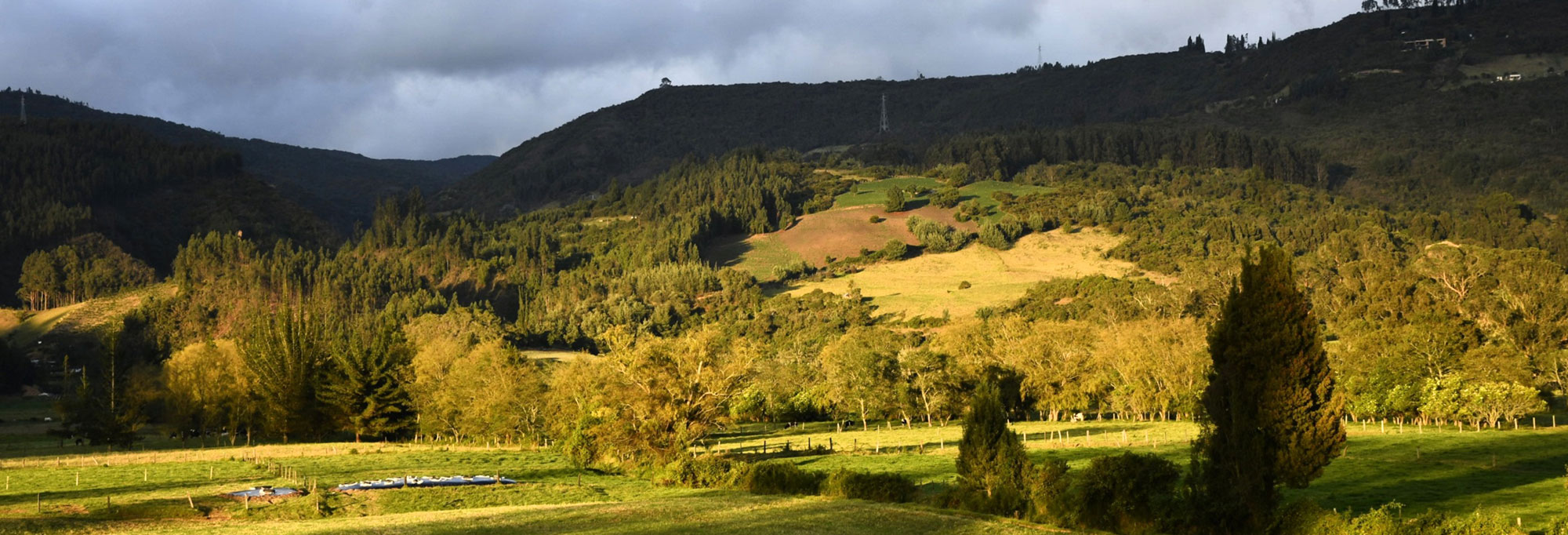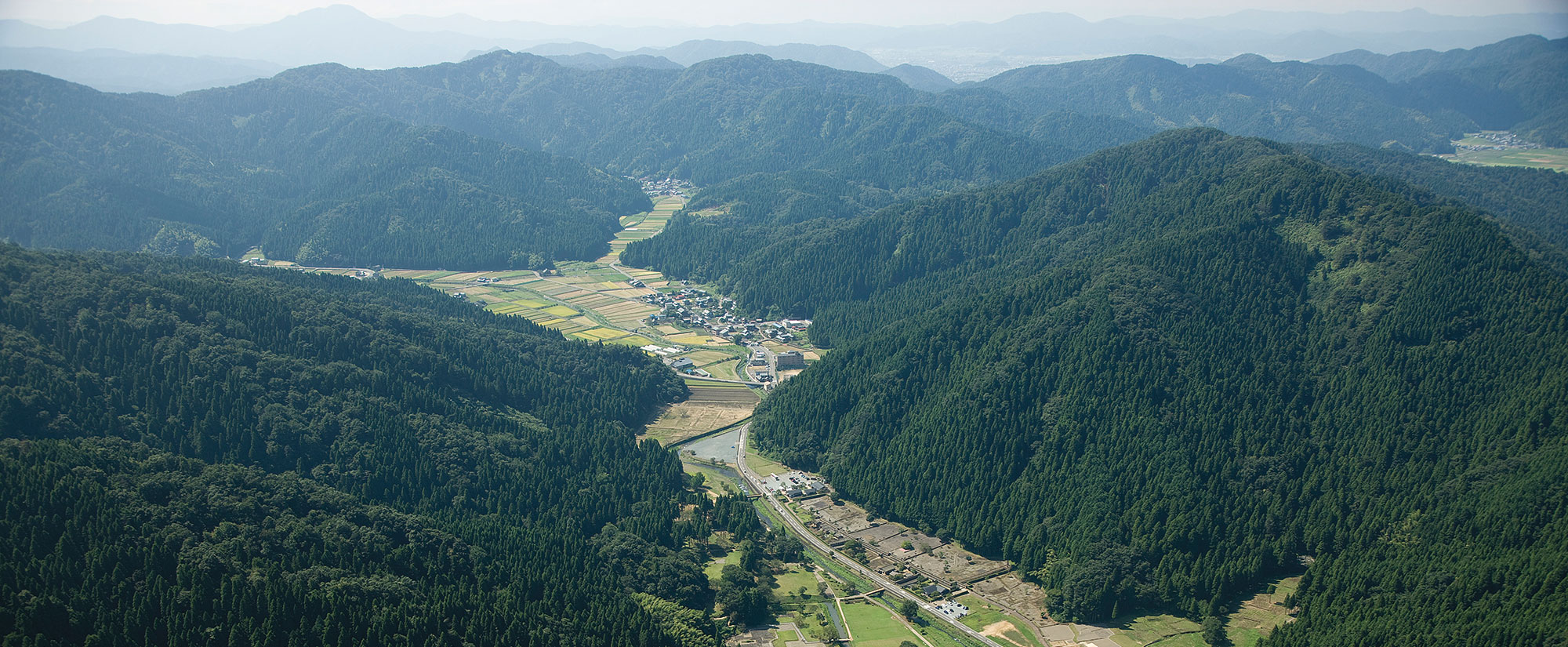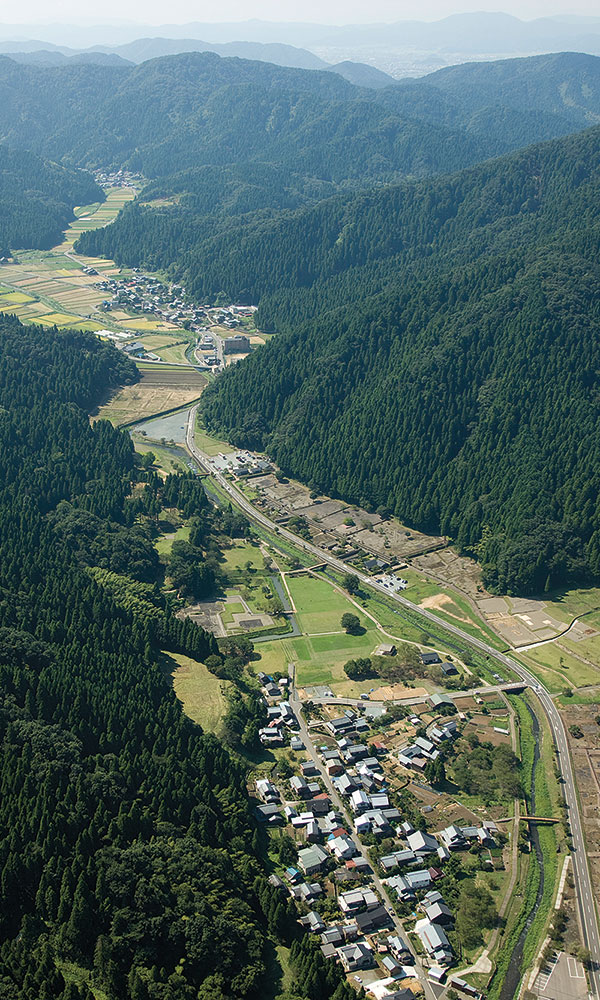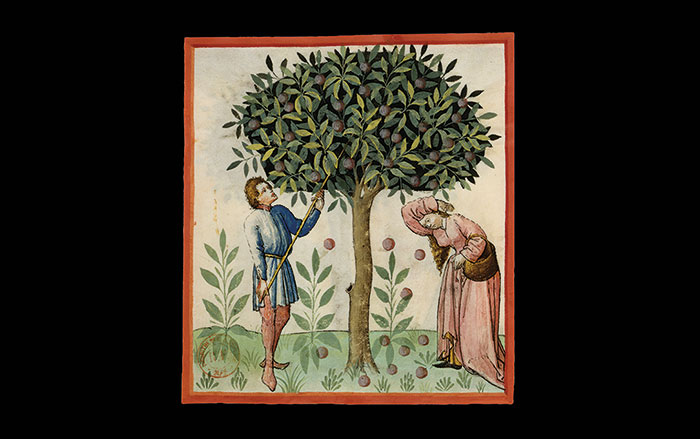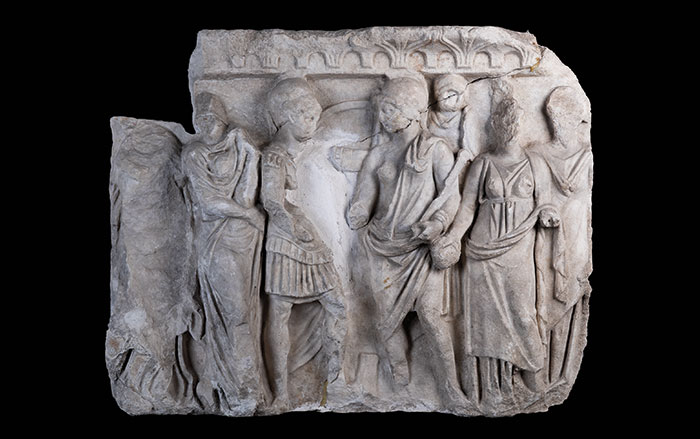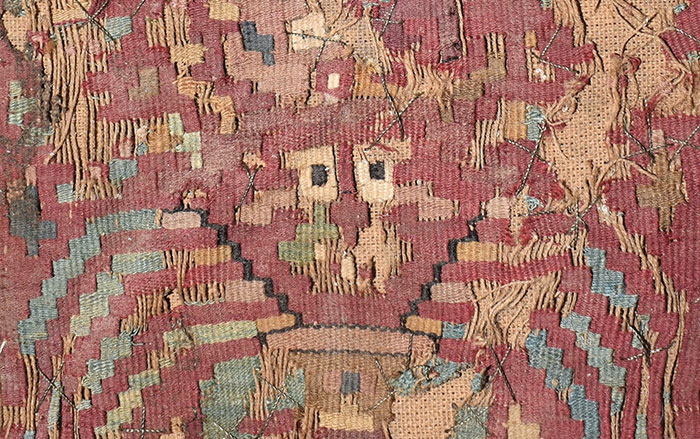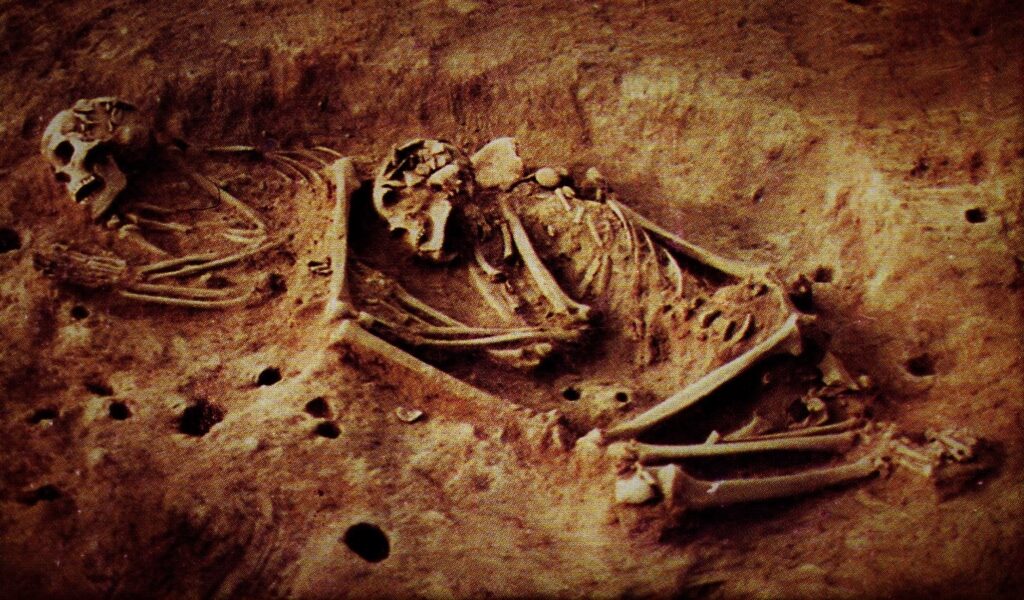
BOGOTÁ, COLOMBIA—Scientists were recently baffled by DNA evidence that revealed the existence of a genetically unknown group of early South American settlers. Archaeologists are continually adapting their models for how human populations spread from Asia through North America to South America, and this new research is bound to alter those theories once again. The Associated Press reports that the researchers analyzed ancient DNA from 21 individuals who lived in Colombia's Altiplano Cundiboyacense region thousands of years ago. Located near current-day Bogotá, this area was also close to the ancient land bridge connecting South and Central America, the route that early human migrants would have taken. DNA analysis determined that the group living there 6,000 years ago was unrelated to either Native North Americans or present-day and ancient South Americans. This group of hunter-gatherers seems to have disappeared around 2,000 years ago, although scholars still don’t know why. These people might have eventually mixed with a new, larger genetic group, or might have been pushed out entirely. Read the original scholarly article about this research in Science Advances. To read about hunter-gatherers who endured the harsh environments of South America's southern reaches for 13,000 years, go to "Letter from Patagonia: Surviving a Windswept Land."


